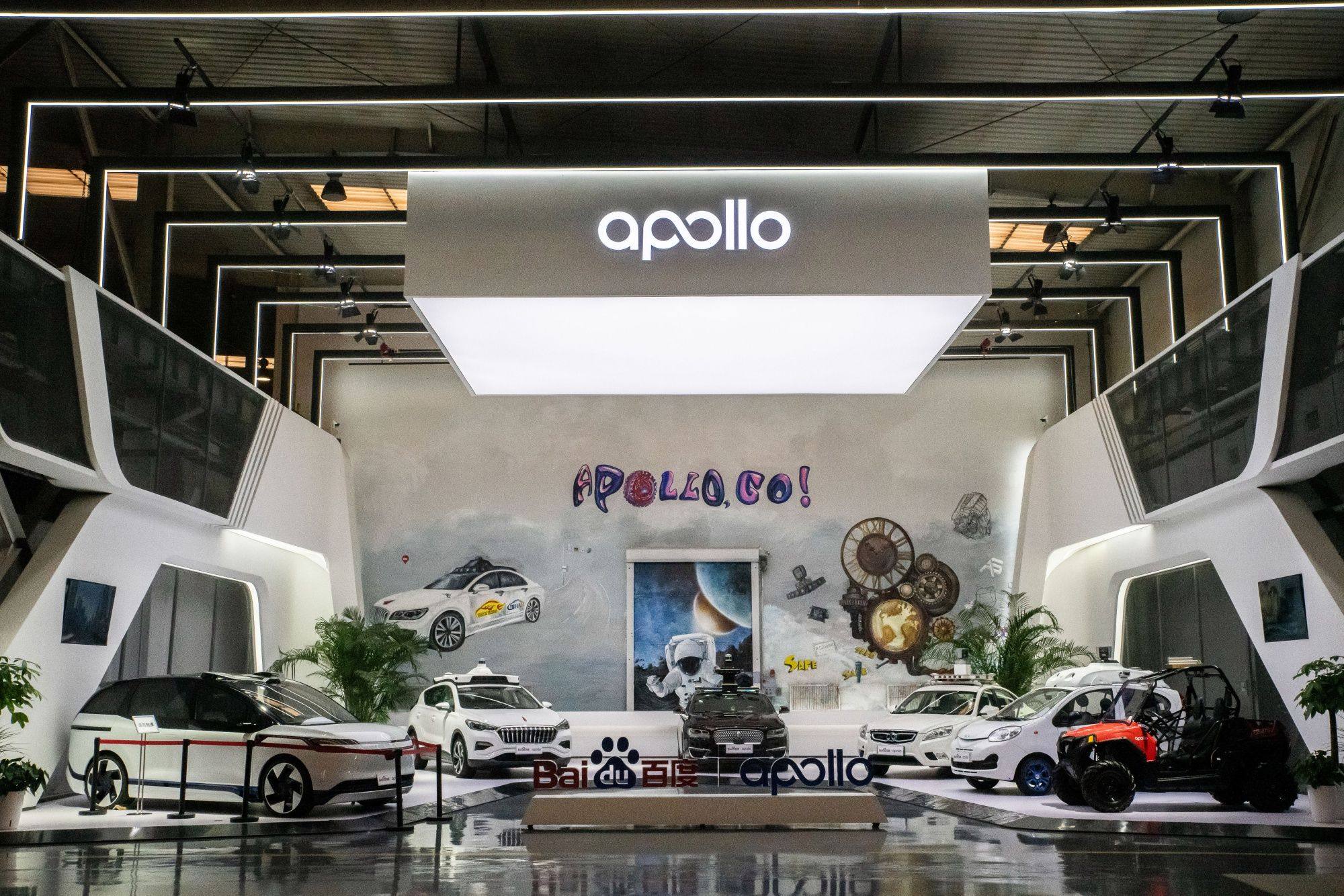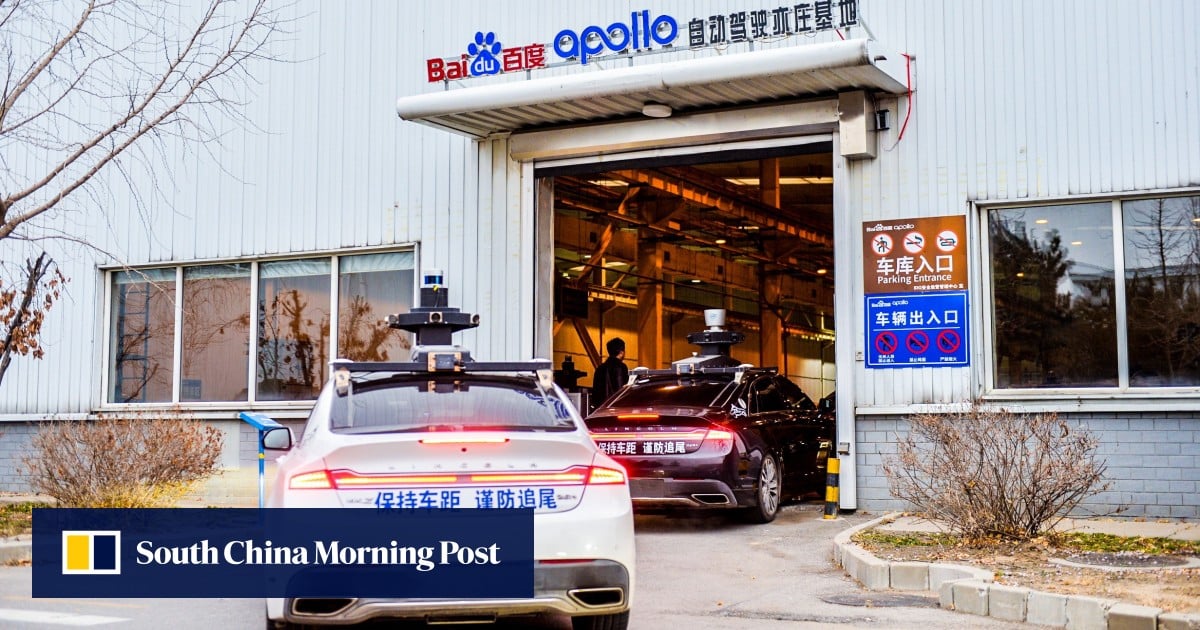While Baidu is one of the country’s leading players in self-driving vehicle technology, it has yet to turn its inventions into profitable products.
“After conducting tests and trials covering 100 million kilometres, our next target will be 100 million yuan of revenue and 100 million yuan of profits,” Wang Yunpeng, head of Baidu’s Intelligent Driving Group (IDG), wrote in a letter on Friday that was seen by the Post and verified by an employee belonging to the unit.
Despite how difficult that goal will be, Wang said the rapid expansion of Waymo – the autonomous-driving venture under Alphabet – and Tesla’s investment in robotaxis, show that hope is on the horizon for the industry.
Baidu did not immediately respond to a request for comment on Friday.
Baidu officially set up an in-house autonomous-driving solutions unit in April 2017, years after it began developing related technologies. For years, it had been considered by founder and CEO Robin Li Yanhong as one of Baidu’s most important projects. The company runs one of the largest robotaxi fleets in China, spanning several cities, including Beijing and Wuhan.
However, technological and regulatory roadblocks have so far kept the company from monetising its products. While Baidu has not revealed financial details of the Apollo project, many industry watchers regard it as one of the firm’s biggest cash burners.
Li Zhenyu, former head of Apollo, said in 2020 that Baidu’s self-driving car business had gone through seven years without making money, but the company was still committed to investing in the sector for at least another seven years.
Baidu’s CEO Li has also said that the total rides ordered by robotaxi customers were more important than revenue, and that the firm was in no hurry to make a profit from the venture.
Like most robotaxi services in China, Apollo cars only operate in certain traffic-restricted areas. To boost usage, Baidu charges passengers of these vehicles just a fraction of what they pay for regular ride-hailing services.
In Wuhan, the capital of central Hubei province where Baidu debuted its robotaxis, the service makes up 1 per cent of the city’s daily ride-hailing orders, and demand is growing fast, according to IDG chief Wang in his letter.
He said that with electric vehicles becoming mainstream, the time has come for China to embrace more intelligent cars.

Still, most autonomous-driving companies have been struggling to succeed, as fully self-driving cars remain a distant reality due partly to regulatory barriers.
Excluding initial public offerings, China in 2022 saw 128 investment deals related to autonomous driving, raising a total of 24 billion yuan (US$3.3 billion), roughly a quarter of the amount raised in 2021, according to a report by state news agency Xinhua.
With funding drying up amid an economic downturn in China, many companies are under pressure to make money through collaborating with passenger carmakers, a path made increasingly difficult because of intense competition.







